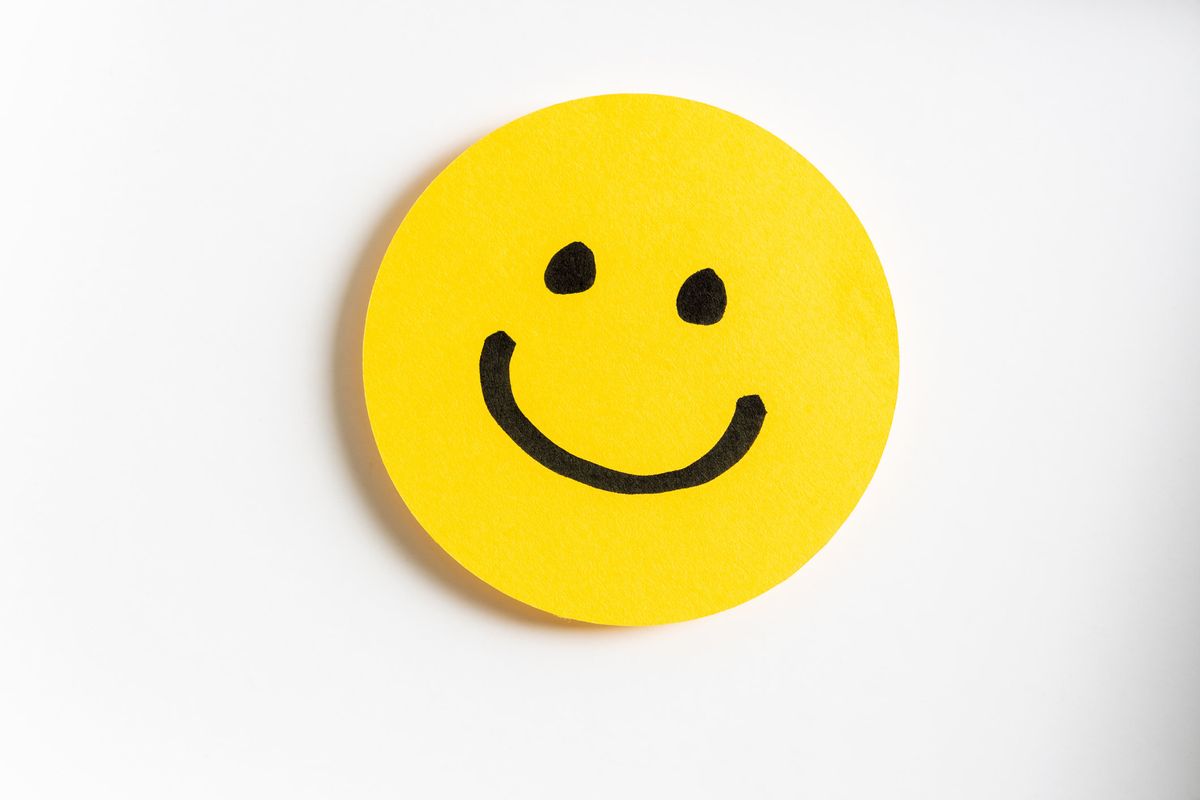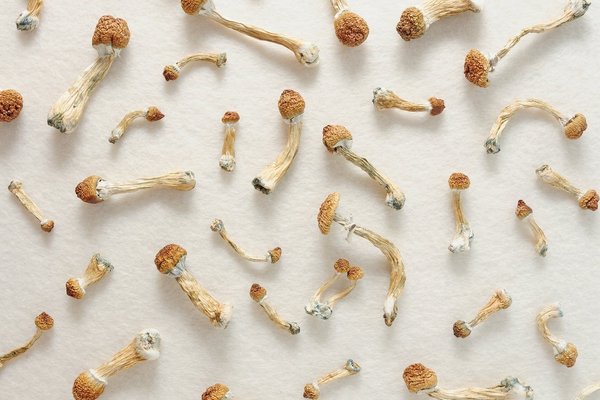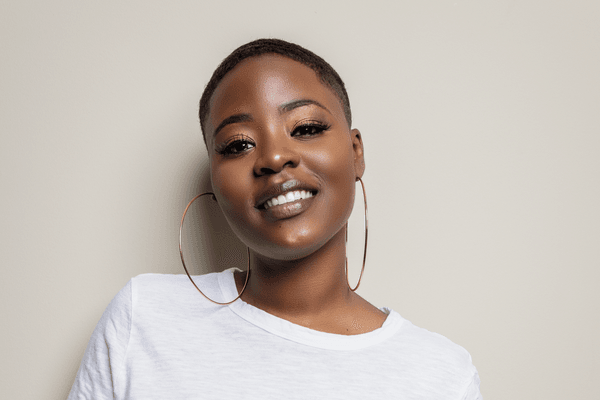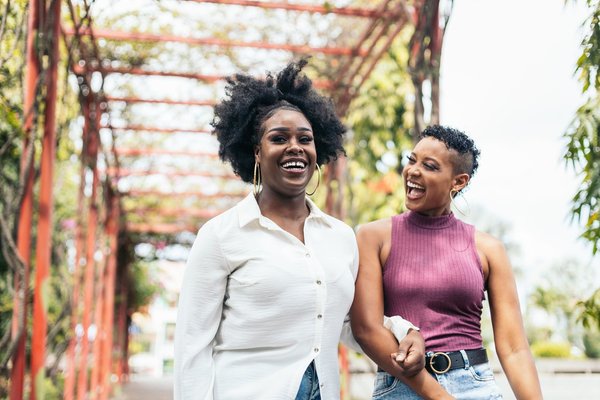Happiness is always around but lately, I've noticed that it seems to be the "in" topic. Why is it that suddenly the media is awash in the H- word?
All this focus on happiness makes me think about what happiness really is…I mean, it's all so individual and diverse, don't you think? Is it love, satisfaction, joy, pleasure? Or, do our life circumstances – like money, marital status, health and sex - determine our happiness?
I'm happy when I'm at an art museum, but some people might consider an afternoon looking at paintings and sculptures to be the equivalent of torture. I'm happy when I'm exercising, while other people would rather be tortured. And I'm happy when I'm eating a big, crisp salad filled with every kind of vegetable out there – but I suspect this would make some people swear off food for good.
But what's not individual is this: happy people have younger hearts, younger arteries, are better equipped to deal with pain and stress. They have lower blood pressure and have a longer life expectancy than unhappy ones.
And some studies also point to the positive relationship between happiness and strong immune systems. When happy people do get colds and viruses, scientists say, their symptoms tend to be milder.
And here's yet another interesting study: Research in the US finds that older Americans are generally happier than younger adults. Yes, aging comes with its own issues but what it leaves behind, some say, are things we have to deal with in our younger years like anger, anxiety, depression, troubled relationships and career stress. (I'm not sure I agree 100 percent with this: I mean, as we get older we still have these things to deal with. I think, though, we can just deal with them better.)
I know some people who are just naturally happy – no matter what, they seem to sustain a positive, satisfied perspective of the world. I often wonder just how they do it. They handle hardship with grace and resilience. But for me? Feeling happy is a lot harder than just getting out of bed in the morning– I need to consciously find things that will make me happy, and remind myself that they're out there if I look hard enough. I may not have gotten the happiness gene, but I'm putting an all-out effort to learn to be happier.
And by the way, it's a good thing that happiness is contagious – we can not only shape the mood of others by our own happiness, we can pick it up from hanging out with other happy people. A study published in the British Medical Journal found this: if you are the hub of a large network of people (think of a real-life LinkedIn or Facebook) then you are more likely to become happy yourself.
It's no wonder, then, I'm drawn to happy people. Perhaps I harbor a secret wish that it'll rub off on me.
This Matters> If you have to be exposed to anything that's contagious, wouldn't you rather catch happiness than say, the flu?
You might also want to read:







